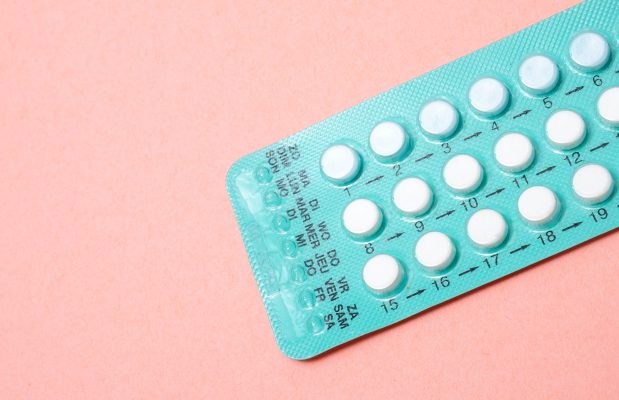Study Finds a 73% Increase in Depression Risk Linked to Combined Contraceptive Pill Use
A recent study conducted by Uppsala University has found that women who use combined contraceptive pill face a significantly higher risk of developing depression. When compared to non-users.
The research, one of the largest and most comprehensive to date, followed over a quarter of a million women from birth to menopause. Shedding light on the potential mental health effects of contraceptive pills.
The study revealed that the use of combined contraceptive pills increased the risk of depression by 73% during the first two years of use.
The data was collected from the UK Biobank. Providing valuable insights into the association between contraceptive pill use and mental health outcomes.
Depression is a prevalent mental health condition affecting millions worldwide. It is the leading cause of ill health and disability, with over 264 million people affected globally.
Approximately 25% of women and 15% of men experience depression that requires treatment at some point in their lives.
Previous discussions surrounding the possible impact of combined contraceptive pill on mental health.
Including the potential link to depression, have yielded mixed findings. This study contributes to the growing body of evidence on the topic, highlighting the need for comprehensive understanding.
You may also like: How to Get Free Birth Control Without Insurance?
Age and Duration of Use as Contributing Factors Combined Contraceptive Pill

The study findings also revealed that women who started using combined contraceptive pill during their teenage years had a 130% higher incidence of depression symptoms. While adult users experienced a 92% increase.
These findings suggest that hormonal changes during puberty may play a significant role in the observed increased risk of depression among teenage users.
Interestingly, the incidence of depression declined among women who continued to use contraceptive pills after the initial two years.
However, teenage users continued to face an increased risk of depression even after discontinuing pill use, unlike adult users.
The study underscores the importance of informing both healthcare professionals and patients. About the potential side effects associated with contraceptive pill use.
While most women tolerate external hormones well without experiencing negative mood effects. It is crucial for care providers to discuss the potential risk of depression as a side effect of the medication.
It should be noted that this study specifically examined combined contraceptive pill. And conclusions about other contraceptive methods cannot be drawn at this time.
Future research will explore different formulations and administration methods to provide women with comprehensive information to make informed decisions about their contraceptive options.
By increasing awareness of the potential link between combined contraceptive pill and depression, healthcare professionals can better support women. In making informed choices about their reproductive health.

Are Contraceptive Pills Harmful?
Although contraceptive pills are known to be effective, for birth control they can have side effects. It’s important to note that these side effects may not necessarily be harmful for everyone. Some common issues associated with pills include feelings of nausea, weight gain changes in mood and a slight increase in the risk of blood clots.
In the run they may also affect the regularity of cycles and in rare cases slightly increase the risk of certain types of cancer. However it’s worth mentioning that these pills also offer benefits such as a reduced risk of cancer.
To make a decision, about whether or not to use pills it is crucial to consult healthcare providers who can assess individual risks and benefits based on personal health history and lifestyle factors.
Are Contraceptive Pills Hormonal?
Yes birth control pills are made up of hormones that help regulate or change the bodys cycle in order to prevent pregnancy. They usually contain versions of estrogen and progesterone or just progesterone, on its own.
These hormones work by stopping ovulation thickening the mucus to block sperm and changing the lining of the uterus to prevent implantation. The balance of hormones in these pills is carefully adjusted to minimize any side effects while still being effective.
It’s important for individuals to discuss with their healthcare providers which type of pill would be most suitable, for their health profile and contraceptive needs.





